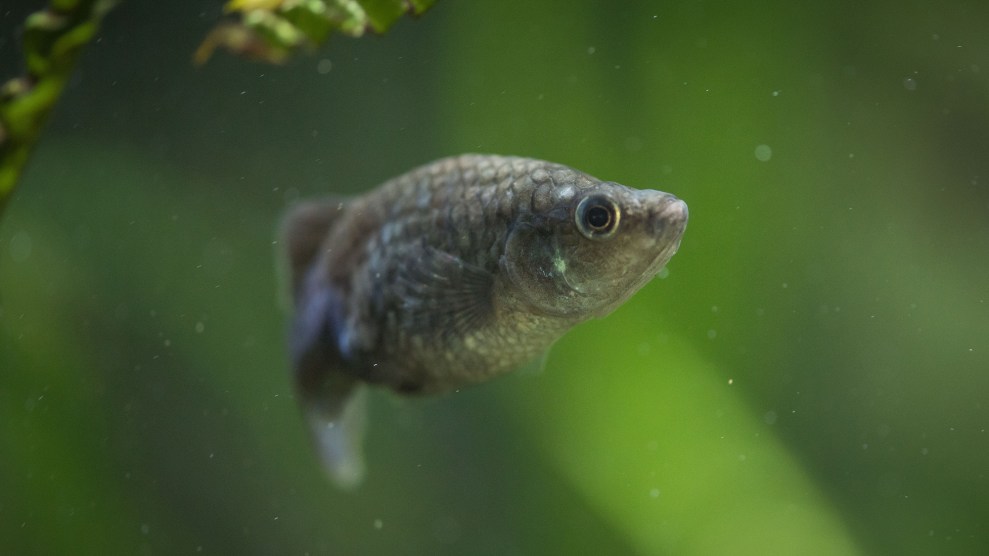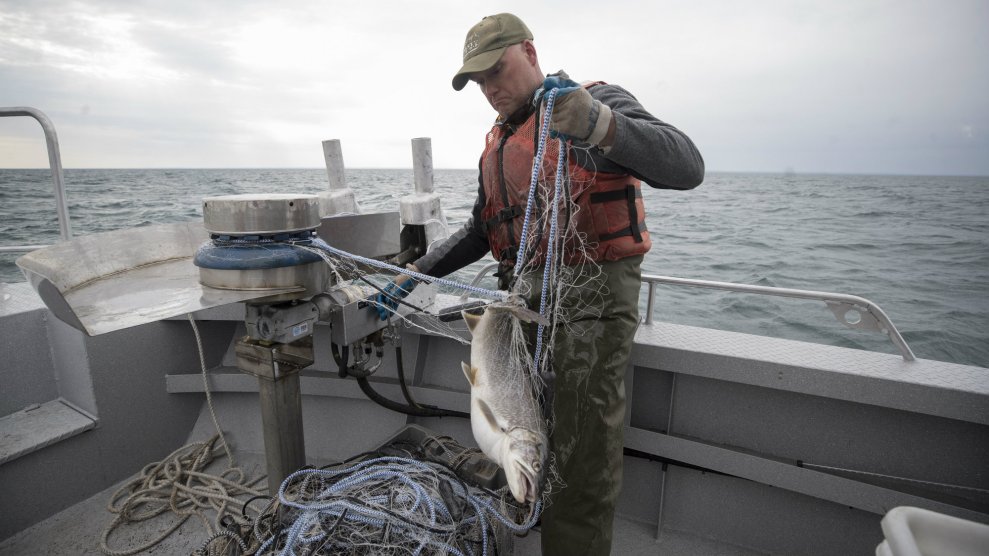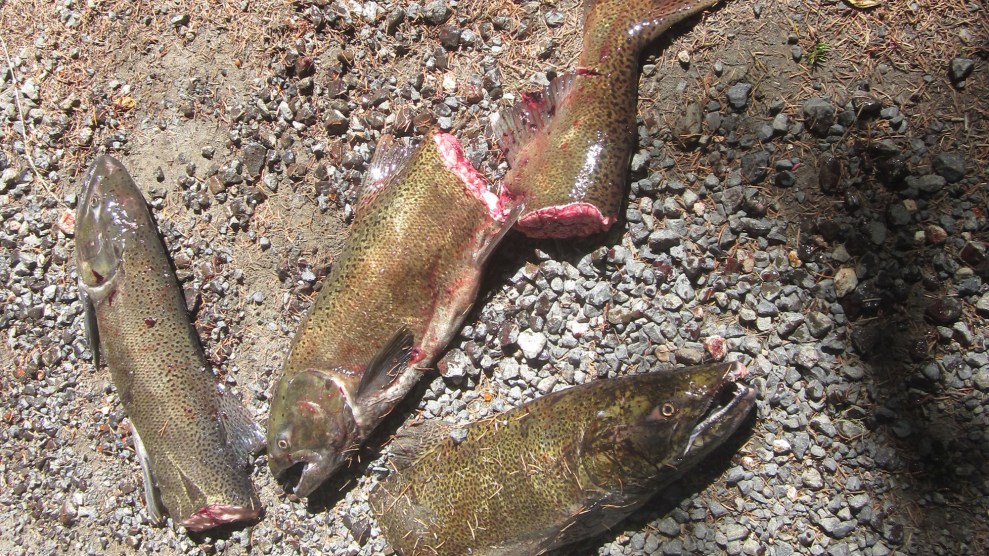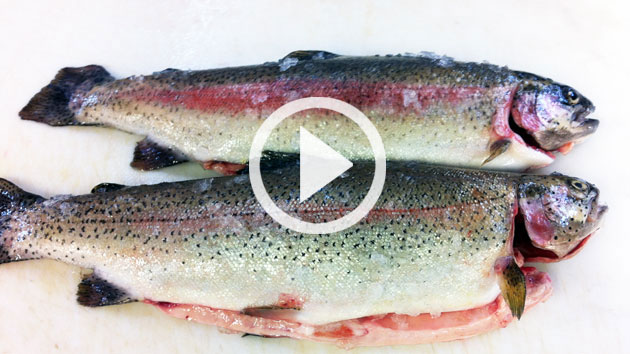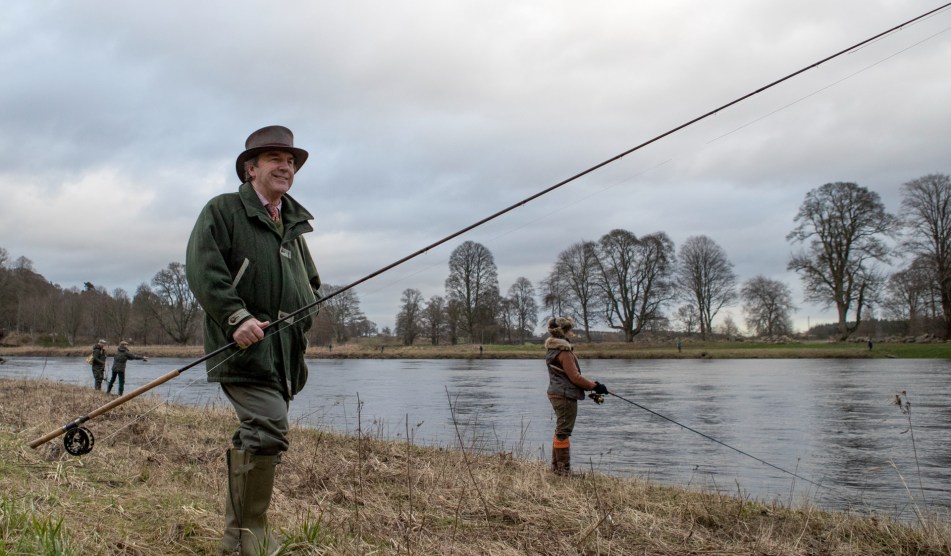
Salmon fishing season at Scotland's River Tay.Jane Barlow/AP
This story was originally published by the Guardian and is reproduced here as part of the Climate Desk collaboration.
Millions of trees are being planted beside Scotland’s remotest rivers and streams to protect wild salmon from the worst effects of climate heating.
Fisheries scientists have found rivers and burns in the Highlands and uplands are already too warm in summer for wild Atlantic salmon as they head upstream to spawn, increasing the threat to the species’ survival.
Fisheries on the River Dee in Aberdeenshire, one of the country’s most famous salmon fishing rivers, have planted 250,000 saplings along key tributaries. They plan to plant a million in the Dee’s catchment by 2035, including native rowan, aspen, Scots pine, birch, willow, hawthorn and juniper.
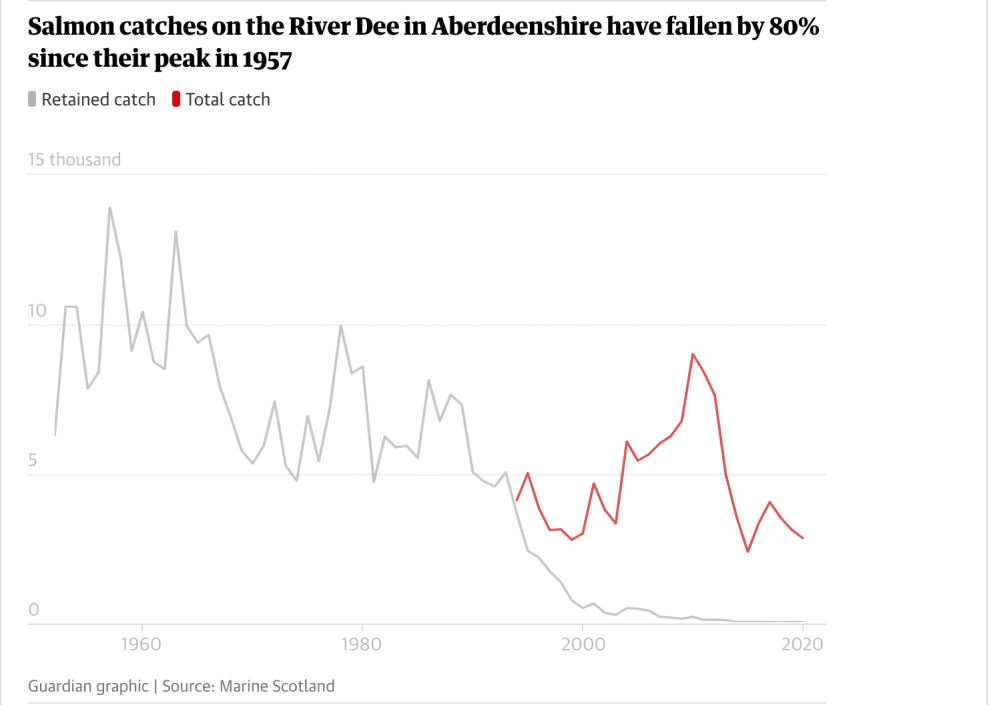
Guardian graphic/Marine Scotland
In 2018, the year Scotland recorded the lowest rod catch for salmon since records began, climatic changes meant water temperatures in 70 percent of salmon rivers were too warm for at least one day that summer. They exceeded 23 C, a temperature that induces stress and behavioral change.
A cold-water species, Atlantic salmon prefer summer temperatures above 10 C; at 33 C, they cannot survive. Marine Scotland scientists found that only 35 percent of Scotland’s rivers, which stretch for 64,000 miles, have adequate tree cover.
Lorraine Hawkins, the river director for the Dee District Salmon Fishery Board, a statutory body, said: “These rivers and burns are the nursery grounds for young fish and it’s the young fish which will be affected by summer temperatures—their feeding and growth rates are affected. If it gets hotter, we will see fish dying.”
Fishery boards across Scotland have similar tree-planting programs, to provide essential shade to lower water temperatures. Many will be fenced off to prevent the saplings from being eaten by deer. Hawkins said these projects improved the overall health and biodiversity of rivers across the uplands, increasing insect life, leaf fall, managing essential nutrients and flood control.
Alan Wells, the director of Fisheries Management Scotland, an industry body, said climate forecasts were clear that water temperatures would continue to climb, even if governments succeed in limiting climate heating to close to 1.5 C.
“We’ve seen situations where the temperatures in our rivers are approaching critical levels for our salmon, temperatures that they can’t tolerate,” he said. “This will get worse. We need to grow trees now to create that cooling shade.”
The dramatic decline in wild salmon numbers is blamed on numerous factors: climate change affecting food availability; weirs and other obstructions in rivers; predation by soaring seal populations; sea lice attracted by fish farms; bycatch by trawlers at sea and poor river quality. Wells said that while Scottish ministers were proposing new conservation strategies, he remained frustrated with the slow pace of change.
The Dee marked the start of its angling season on Tuesday by inviting two female anglers who won a fundraising competition last year to make the first cast, an annual ceremony at Banchory. Women are increasingly taking up the sport, Hawkins said, eroding the sport’s traditional domination by men in solitary pursuit of a catch.
Camryn Stewart, 14, one of the first cast fishers, said she had been brought up fishing by her parents, Deirdre and Jim. The sport is targeting women and children as it strives to expand its participation and appeal. Stewart fishes with three other girls of her age and said she did not feel like a revolutionary.
“I have been surrounded by people who fish, and I’ve wanted to fish all my life,” she said. “We need more people fishing, not just women and children. We gain so much from it. Just being outside and being in the wild. Even if you don’t catch anything, you come back from the day fulfilled.”

